Collier Prize Winners 2025

This year’s winner of the $25,000 Collier Prize for State Government Accountability is the Associated Press for its series, “Prison to Plate: Profiting off America’s Captive Workforce.”
It was selected from nearly 100 entries from across the United States.
Second prize ($5,000) in this year’s competition went to NBC News and Noticias Telemundo for “Dealing the Dead,” a year-long NBC News investigation into the body brokering industry.
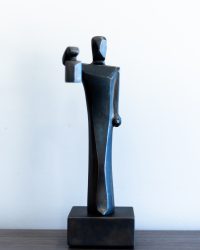
Third prize ($2,500) went to the Illinois Answers Project for Strapped Down: “Restraint Chairs in Illinois’ Jails,” a project that exposed the overuse, misuse and abuse of restraint chairs in county jails across Illinois.
Each of these award-winning investigations held state institutions accountable and drove meaningful change. And they accomplished their reporting despite increasing obstacles when trying to obtain public records and access to government officials in a challenging news and business environment, as a new Collier Prize survey of journalists showed.
The Collier Prize is the most lucrative journalism award in the U.S. focused on state government institutions. It is administered by the University of Florida College of Journalism and Communications thanks to a generous endowment from Nathan S. Collier, a prominent Gainesville, Fl., businessman, and is open to any U.S. news organization on any platform.
The award was presented at the White House Correspondents’ Association dinner in Washington D.C. on Saturday, April 26, 2025.
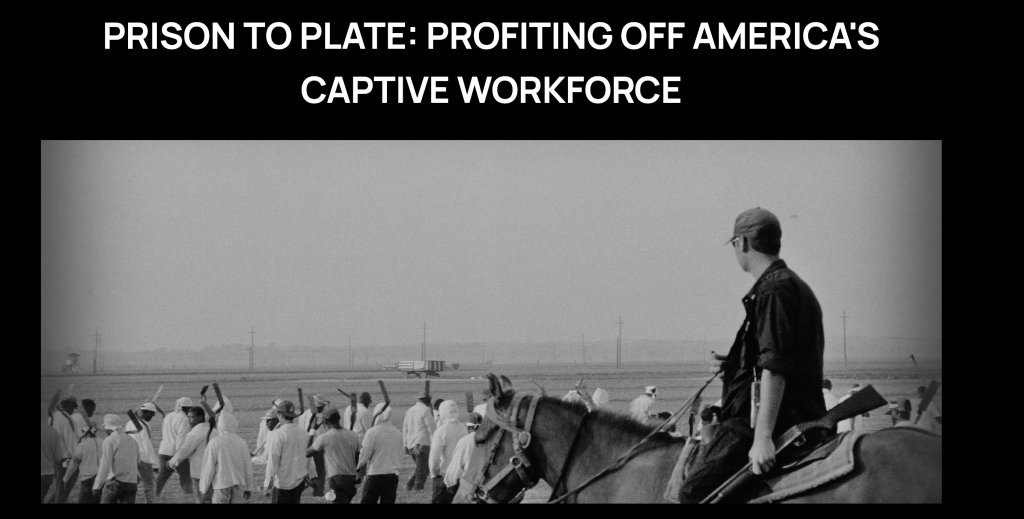
First Prize: “Prison to Plate”
In their project, AP reporters Margie Mason and Robin McDowell exposed how deeply our supply chain relies on prison labor as well as the deplorable working conditions of prisoners.
During a two-year investigation, Mason and McDowell filed public records requests in all 50 states, and spoke with more than 120 current and former prisoners, as well as relatives of those killed on the job. They found that many workers were given dangerous positions, from laboring in poultry plants to fighting wildfires.
They learned that products produced by prison labor were sold to consumers by some of the most recognizable brands in America – appearing on store shelves and restaurant plates across the country.
If these products had been the result of captive labor outside the United States, U.S. law would have banned their importation. The reporting also showed a link from slavery to today, with predominantly black prisoners in Louisiana picking crops on prison land that was a plantation before the Civil War.
The impact of their reporting was almost immediate. Major businesses including Trader Joe’s, McDonald’s and Cargill – America’s biggest private company – cut ties with state prison farms or third-party companies using incarcerated workers. Others, including Home Depot, said they would investigate and take action as needed.
Here’s what the judges said:
“This project combined the best of data-driven journalism with old fashioned shoe leather reporting to reveal how major American corporations and state prison systems financially benefited from the exploitation of prison labor. The impact was immediate as major companies cut ties with the prison programs that were helping to fuel their businesses.”
“The two-year investigation saw one of the two reporters relocate her home to Louisiana to make that the base of the investigation, which was nationwide but focused heavily in the South…..[They] physically tracked prison-farm labor products by driving hundreds of miles of highway behind delivery trucks; analyzed numerous public records; sifted through mountainous data; and expended significant shoe-leather reporting in running down individual stories of affected individuals that are simply heartbreaking.
“The abuses they uncovered — some of which I’ve never even realized were happening to this extent — left me surprised, alarmed, sickened and angry.”
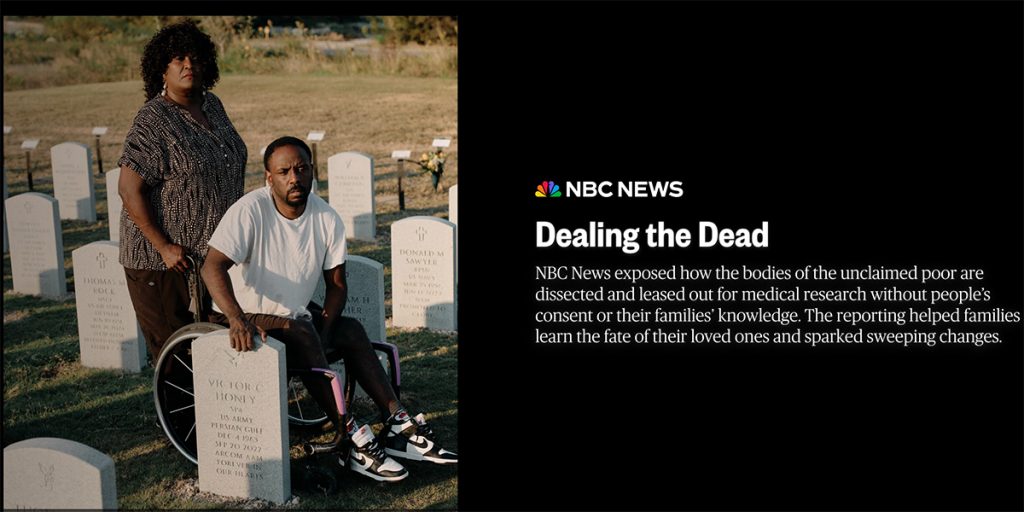
Second prize: “Dealing the Dead”
The second-place prize ($5,000) goes to NBC News and Noticias Telemundo for “Dealing the Dead,” a yearlong NBC News investigation into the lucrative body brokering industry.
The winning reporters were Mike Hixenbaugh, Jon Schuppe, Liz Kreutz, Tyler Kingkade, Anagilmara Vilchez and the late Susan Carroll.
Through narrative stories on NBCNews.com and videos on NBC’s “Nightly News with Lester Holt,” the reporting team documented how the corpses of hundreds of unclaimed people were dissected by students at the University of North Texas Health Science Center, chopped up and leased out across the country to researchers and medical technology companies.
Heads went for $649. A pair of feet: $330. A whole body: $1,400.
None of the dead — poor and vulnerable, many homeless and mentally ill — had consented to this treatment of their remains. In many cases, it was done without their relatives’ knowledge. Dozens were veterans who were entitled to a burial with military honors.
After the stories ran, the university announced that it was immediately suspending the program, firing the officials who led it and hiring a consulting firm to investigate.
NBC’s reporting exposed that Texas was not alone in its failure to regulate the useof unclaimed bodies for medical research. In Nevada, a disgraced former chiropractor in Las Vegas was dealing bodies from a strip mall. A public hospital in South Carolina shipped a veteran’s body across state lines, without notifying his family that he was dead.
One of our judges’ said, “I was stunned by the scale — hundreds of bodies — the level of deception involved, and the fact that it had real impact…It was particularly impressive that NBC reporters got results as soon as they confronted some state officials with the facts, before their stories were published or aired.’’
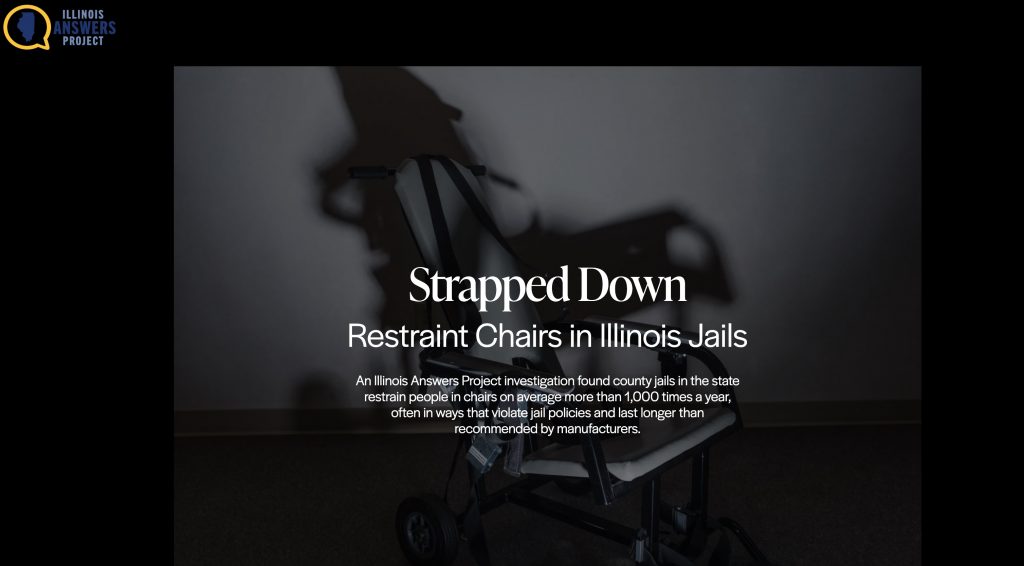
Third Prize: “Strapped Down: Restraint Chairs in Illinois’ Jails”
Our jurors awarded third prize to the Illinois Answers Project for an investigation that exposed the overuse, misuse and abuse of restraint chairs in county jails across Illinois.
The project was the work of Grace Hauck, Meredith Newman, Janelle O’Dea, and the Illinois Answers Staff, with contributions from Shaw Media’s Northwest Herald.
It revealed that jails across the state regularly restrained pre-trial detainees – many who were mentally ill – in chairs for hours to days on end in ways that violated state standards, county policies and manufacturer guidelines.
To document the story, reporters examined 92 county jails in Illinois, sued one jail,and compiled a database from thousands of records, ranging from clean spreadsheets to illegible handwritten notes.
They learned of one Illinois county that not only restrained pre-trial detainees with regularity, the county jail used electrified “stun cuffs” on detainees who acted out. Another county retrained a mentally ill detainee for 68 consecutive hours. A detainee in a third county was restrained for five consecutive days.
Reaction and reforms occurred around the state, including promises of new procedures from multiple sheriffs and jail administrators.
Said one judge: “This project involved arduous work to learn the extent to which prisoners in 92 county jails had been restrained and sometimes given electrical shocks, often in violation of county policies. The individual tales of prisoners held in restraint chairs for hours to days at a time, sometimes forced to lie in their own excrement, grabbed readers by their lapels and didn’t let go.”
Endowing the Future
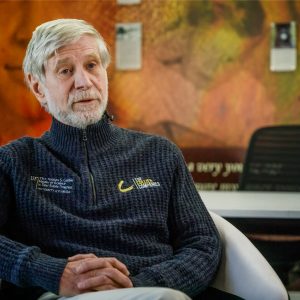
The Collier Prize is funded by a gift from Nathan S. Collier, chair of The Collier Companies headquartered in Gainesville, Florida, to encourage coverage of state government, focusing on investigative and political reporting. Collier is a descendant of Peter Fenelon Collier, who in 1888 founded Collier’s, a weekly magazine focused on investigative journalism.
Earlier this year, Collier committed an $8 million endowment to UFCJC — the largest in the college’s history — to sustain the Collier Prize, hire a full-time director and create a new local journalism symposium.
